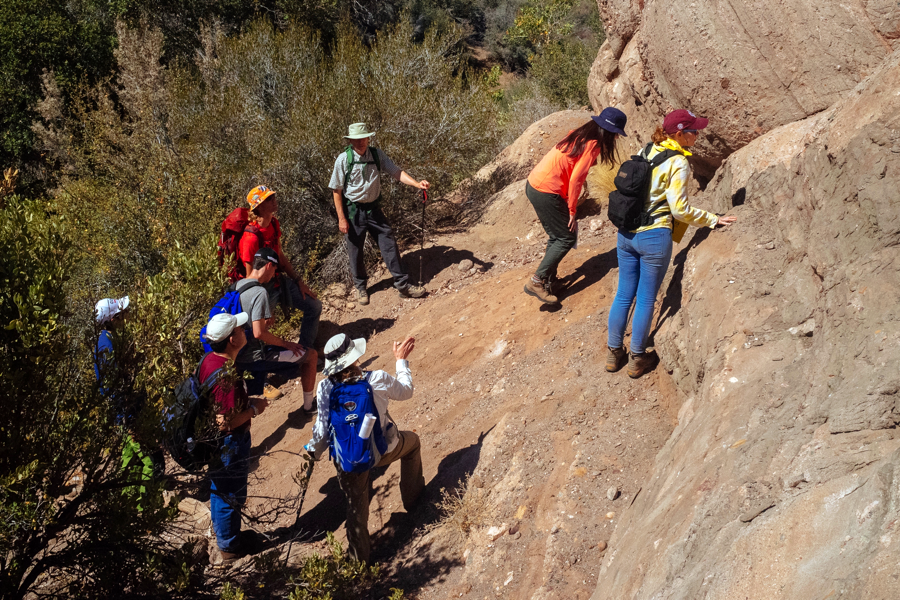All Categories
Featured
Table of Contents
What Does A Geophysicist Do? in Oldsbury WA 2021
This work is significantly contracted out, so consultancies supply another source of work. Consultancy firms vary in size, from really little business to large multinationals. Some consultancies are rather specialised in utilizing specific geophysical strategies or working in specific places, while others use a more varied series of services to their clients.
The extraction of gas from landfill websites is another location of work and this may grow in the future. Exploration companies may undertake work for building companies, public utility, mining business and environmental firms, so geophysicists might be employed in any of these settings. Other employers include: geological surveysgovernment bodies and agenciesuniversities and research study institutes.


Jobs might be noted in the oil and gas sector press. Recruitment is affected by oil rate variations and the level of competition for positions differs depending upon this. Professions Days, which cover the complete series of geoscience careers and are generally attended by a number of essential market employers, are run by The Geological Society.
Geophysical Survey Definition in Merriwa Western Australia 2021
A few of the large oil and gas companies use a full two-year structured training program across the breadth of geophysics, consisting of the opportunity to experience operate in various groups prior to specialising in one area. Your training might include work on: existing wellsmagnetic and gravitational possible field data analysisresearchrock analysis. It's more typical for your preliminary training to be supplied on the job.

There may be a probationary duration throughout which you work alongside a knowledgeable coworker. Competency-based appraisals happen routinely in most firms. In smaller sized companies, and for scholastic posts, there is not likely to be any formal training - you'll be expected to begin work straightaway and pick up skills as you go along.
If you work for a smaller business, you might find that you need to take duty for arranging and moneying your own advancement and training. If you have a geology degree, membership of The Geological Society can be beneficial for networking and for maintaining to date with the industry.
Bachelor's Degree In Geophysics - Degrees & Programs in Mosman Park Oz 2023
You may also find it helpful to sign up with the PESGB (The Petroleum Exploration Society of Great Britain, which has a geophysics unique interest group. After a probationary period, and as soon as you've gained some experience, you might advance to senior geophysicist, then team leader and then into a senior function in management.
The ease of movement in between roles depends on the company structure. Study at Masters or Ph, D level in a subject related to geophysics or geosciences might help with your career development and development. The employment market within the oil and gas industry is very based on rate and this might affect your chances for career development.
Not all jobs are dependent on the oil and gas industries. For experienced geophysicists, freelance consultancy uses a good path for profession advancement. You can likewise specialise in a specific location of geophysics. As a geophysicist, you're likely to have a number of jobs throughout your working life. Worldwide movement is vital for dealing with peaks and troughs in various nations at various times.
What Is The Difference Between Geophysical Method And ... in Perth Oz 2020
From geophysics, it's possible to focus on seismology (completing more training to end up being a seismic interpreter) or to move into related locations such as engineering geology or threat forecast.
Choosing what to study in college is a hard choice. Even if you know that your field of interest lies in science, what program of study is best for you?
The very first step to attaining your goal of becoming a geophysicist is earning a degree. Even for entry-level positions in the field of geoscience, you'll require a bachelor's degree (a geophysicist college degree) from a certified college or university. Geophysicists should be able to: evaluate rocks, photos, and other pieces of data conduct research study both in the field and in labs produce maps and charts of their findings compose reports To accomplish all this, trainees require a specialized education for geophysicist careers.
As specified above, you'll need a bachelor's degree in geoscience or a related discipline, such as a physical science or a natural science, to land an entry-level job. Students can also prepare by majoring in subjects like: Biology Chemistry Computer science Engineering Mathematics Physics The above geophysicist majors offer a more generalized approach to a single scientific discipline, however many programs require trainees to take one or more geology course.
Latest Posts
Geophysical Survey In Archaeology in Neerabup Australia 2022
Geophysicists in Glen Forrest WA 2020
Geophysical Survey in Lockridge Oz 2023